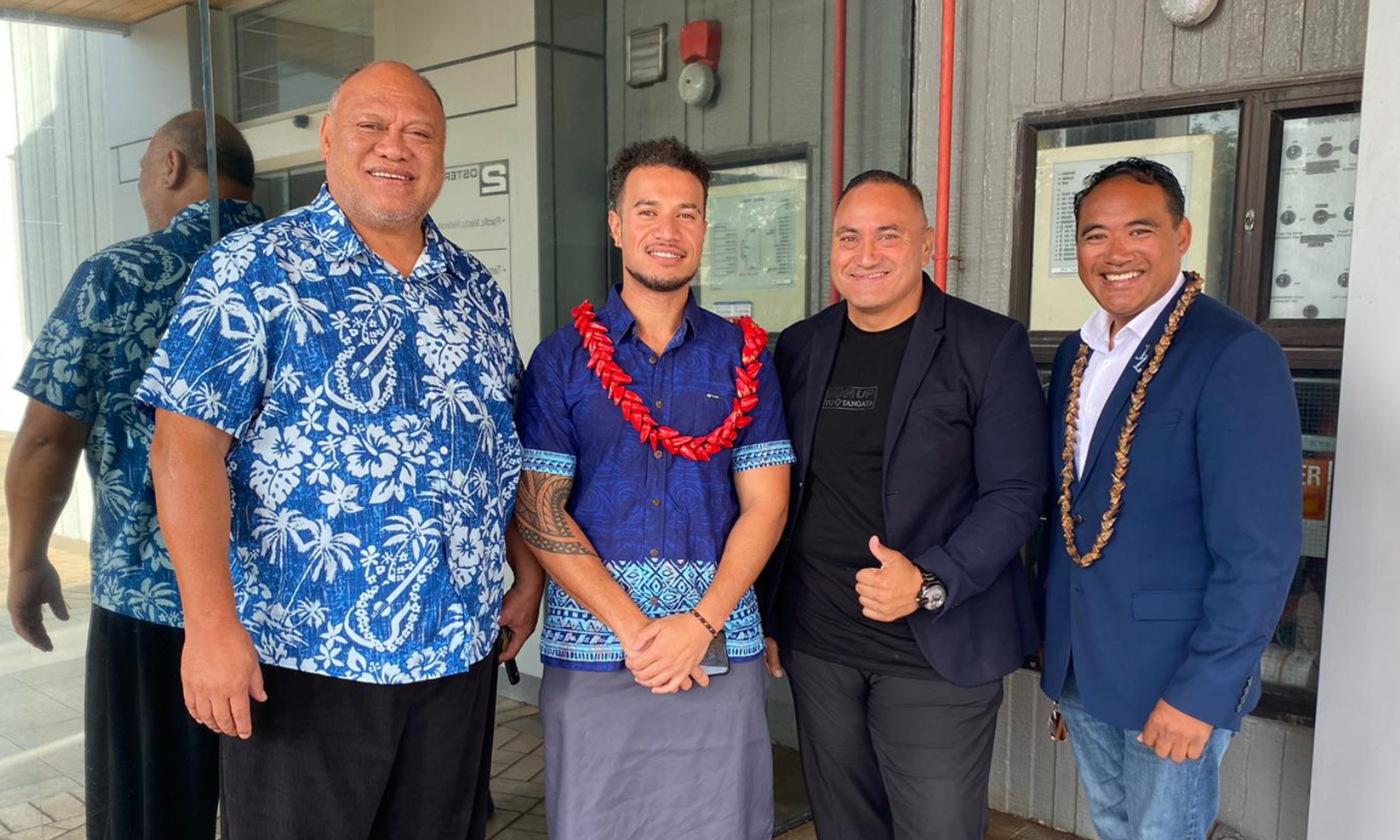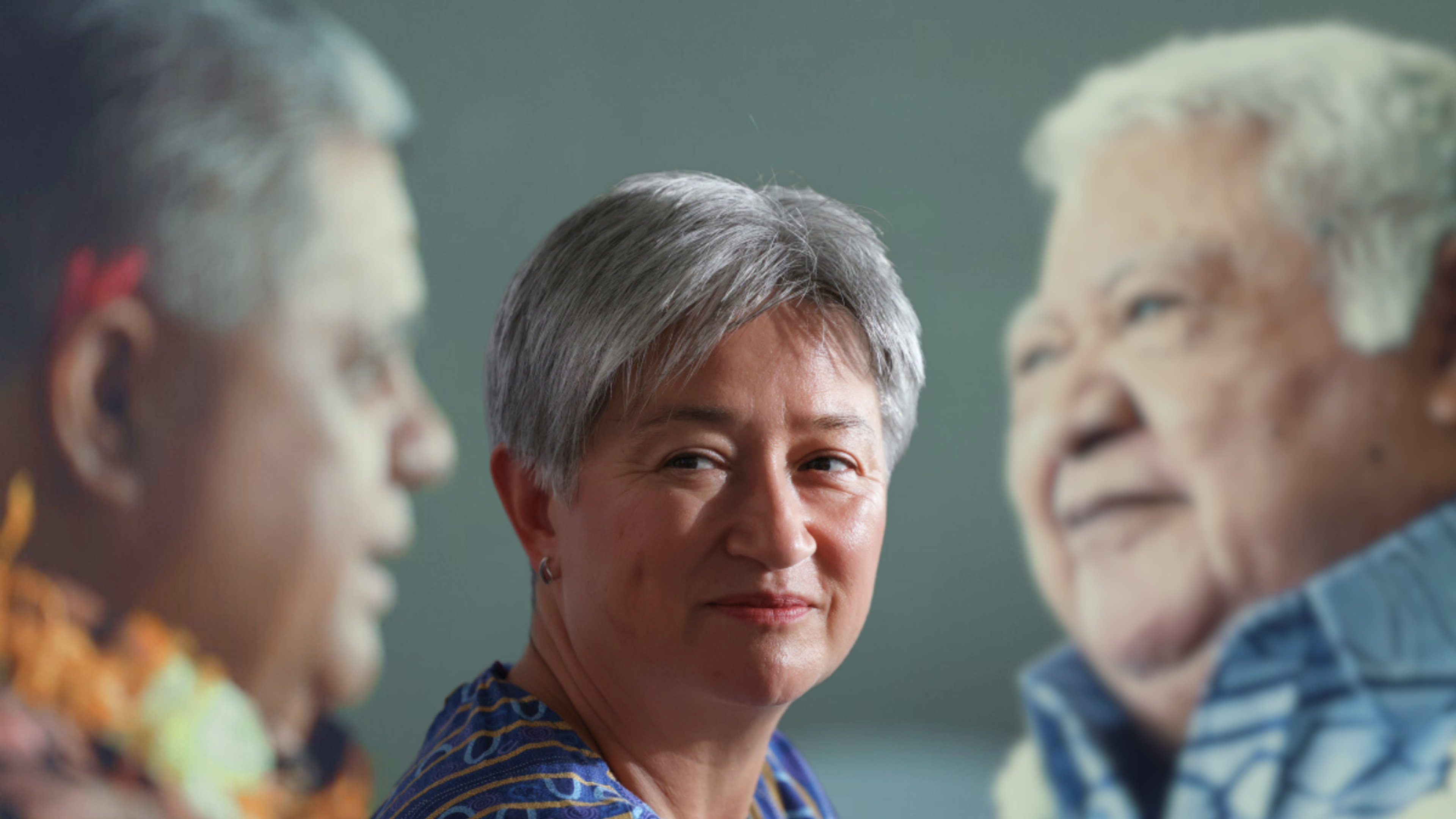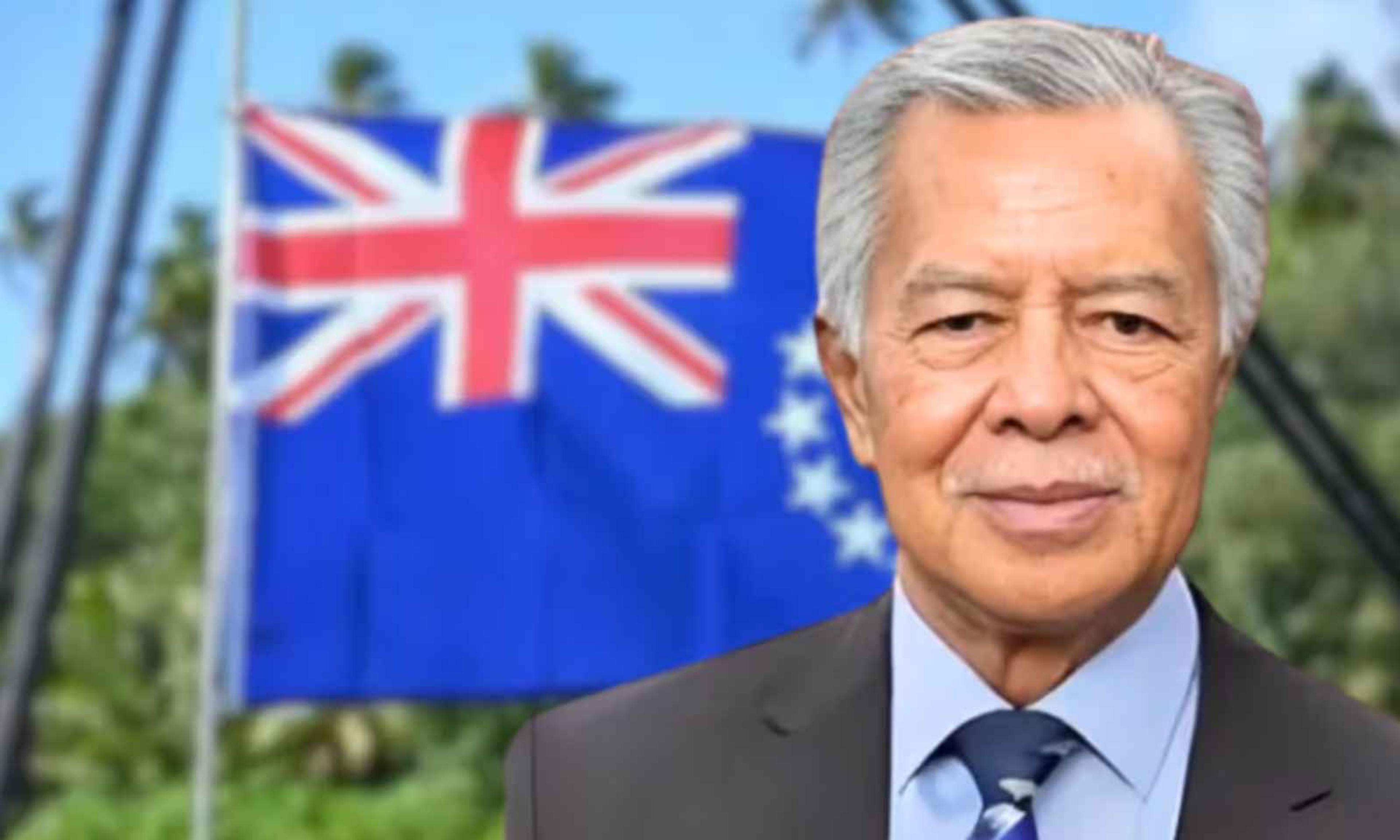

Winston Peters meets Hawaii Governor Josh Green in Honolulu.
Photo/Joseph Safiti
Hawaii Governor calls for increased NZ leadership amid US funding freeze
As the United States reviews its long-term commitments, Josh Green says humanitarian assistance and regional collaboration are key to addressing climate and health issues.



Australia rugby funding for Sāmoa on hold amid governance dispute

Off-leash dogs cause safety concerns on Auckland shared path

Former Cook Islands PM urges continued Cook Islands–New Zealand partnership


Papatoetoe election rerun highlights low voter turnout

Australia rugby funding for Sāmoa on hold amid governance dispute

Off-leash dogs cause safety concerns on Auckland shared path

Former Cook Islands PM urges continued Cook Islands–New Zealand partnership
The Governor of Hawaii has criticised the freeze on the United States Agency for International Development (USAID) funding in the Pacific, calling it a “terrible mistake” that threatens the wellbeing of vulnerable nations in the region.
Josh Green says New Zealand will play a crucial role as regional leaders confront the uncertainty over the long-term US commitment to the Pacific.
“We're going to probably have to lean on New Zealand and others in the coming three, four years for some of these programmes, which seems ironic, but hopefully we'll be able to bring philanthropic dollars, and people like myself will commit to the region,” he says.
Green warns that the freeze on USAID funding could damage trust among Pacific nations, which are already vulnerable.
“We should have USAID dollars there because, as a global power, which the United States is, I think we should be thoughtful and be humanitarian,” Green says.
“We will see more outbreaks as a result of closing down USAID. So it's a terrible mistake, and that will be reversed in time, whether it's next year or four years from now, hard for me to say.”
Jean Lee, the East-West Center Presidential Chair, says New Zealand’s role in the Pacific is becoming increasingly important, especially concerning climate change and environmental security.
In an interview with PMN News, Lee says, “New Zealand's been doing quite a bit, but now is the time, I think, to step up and do even more.
“It's that shared Pacific perspective that is important to reinforce as well… finding those connections and recognising our heritage and our history in these regions, and the importance of our role in setting the stage or securing the future.”

Jean Lee, the East-West Center Presidential Chair, speaks with PMN Political Reporter 'Alakihihifo Vailala in Honolulu. Photo/Joseph Safiti
Lee says Honolulu is becoming one of the most significant hubs for the Pacific region, adding that “Hawaii and Honolulu in the context of being a place that is in the Pacific, even as it's the United States, and serving as a convening space or a meeting ground.”
Lee says the region is observing the priorities of the new Trump administration, particularly Washington’s Indo-Pacific strategy.
“There's been so much change, but the one area of continuity has, over the past several administrations, has been the Indo-Pacific strategy.”
Despite the strategy’s implementation since the first Trump administration, Lee says its future direction remains uncertain.

The New Zealand delegation, led by Deputy Prime Minister Winston Peters, is in Hawaii on the second leg of his three-nation Pacific tour. Photo/Joseph Safiti
“We did have the Secretary of Defence visit recently, making it his first trip to Asia and the Indo-Pacific,” she says.
“There was a lot of information to be gleaned from that about the administration's priorities when it comes to the Indo-Pacific.
“So that is something that I think that we not only take reassurance in, but we have to rise to the challenge and make sure that we are addressing all the needs that come with that priority.”
Governor Green reaffirms his commitment to advocating for the Pacific with key US administration officials.
Watch Hawaii Governor Josh Green's full interview below.
“I can't guarantee that they will bend their policies, but I try to be very rational for the good of our state and our region, and it seems to be, so far, working.”
He says the Indo-Pacific Command budget, which oversees US Armed Forces in the region, has not been cut.
“I sometimes do speak out. I'm very passionate about healthcare access as a physician. I will constantly make sure that we look out for people who are vulnerable, and I'll do it straight away, right to the president or to others… I just want people to be cared for properly.”